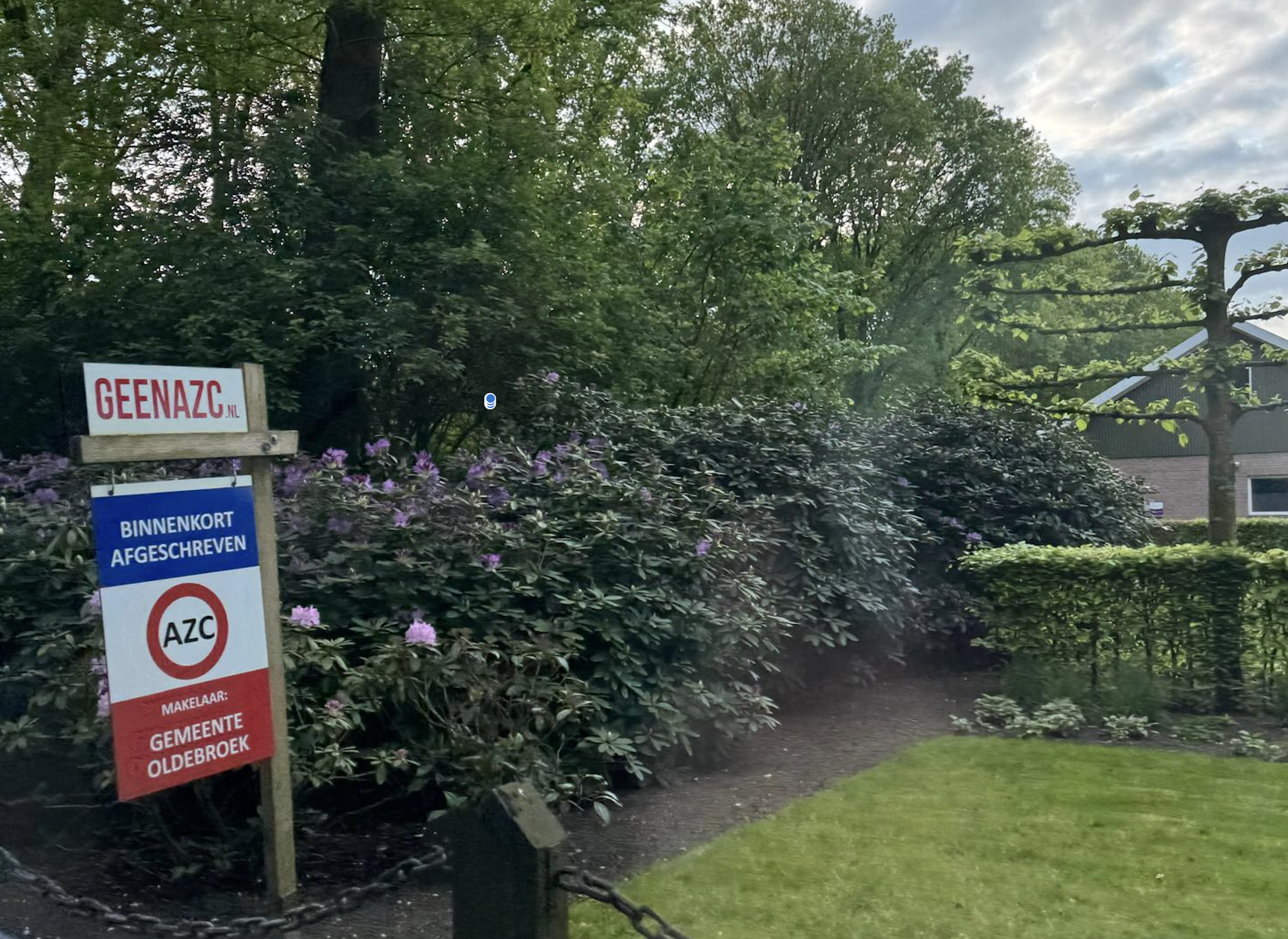Minister finalises 3 laws for “strictest refugee regime ever”

Immigration minister Marjolein Faber has finalised three pieces of legislation that will be put to the vote in Friday’s cabinet meeting, broadcaster NOS has reported.
Ministers have already given their informal blessing to the plans, sources in The Hague told NOS.
The three measures put Faber’s earlier-announced proposals to bring in “the strictest asylum regime ever” into law. They include scrapping the right to a permanent residency permit, cutting refugee permits from five to three years, and introducing a two-tier system for assessing refugee claims.
This means refugees fleeing persecution on individual grounds, such as their sexuality or political activity, would be entitled to more protection than those who claimed asylum because of a war or political upheaval in their country.
Criticism
Earlier this month the Council of State slammed the plans, saying they would trigger a wave of legal challenges, placing further strain on an overburdened legal system.
The council said that large numbers of people in the lower category were likely to go to court to demand an “upgrade”. The Netherlands abolished an earlier two-tier system in 2000, partly because nearly 50% of lower-tier refugees appealed against their status.
The abolition of permanent residency would also lead to more work for the courts and the IND because every asylum seeker’s permit would have to be reviewed every three years, increasing the backlog in cases, the council said.
Nevertheless, PVV leader Geert Wilders said on Monday that he would not accept any changes to the draft legislation, which will also pave the way to scrap the law requiring all local councils to take their fair share of refugees.
And he threatened to pull out of the coalition government if any of the four parties wanted amendments to the proposals.
Even if the plans do pass in the lower house of parliament, there is unlikely to be sufficient support in the upper house, or senate.
Thank you for donating to DutchNews.nl.
We could not provide the Dutch News service, and keep it free of charge, without the generous support of our readers. Your donations allow us to report on issues you tell us matter, and provide you with a summary of the most important Dutch news each day.
Make a donation